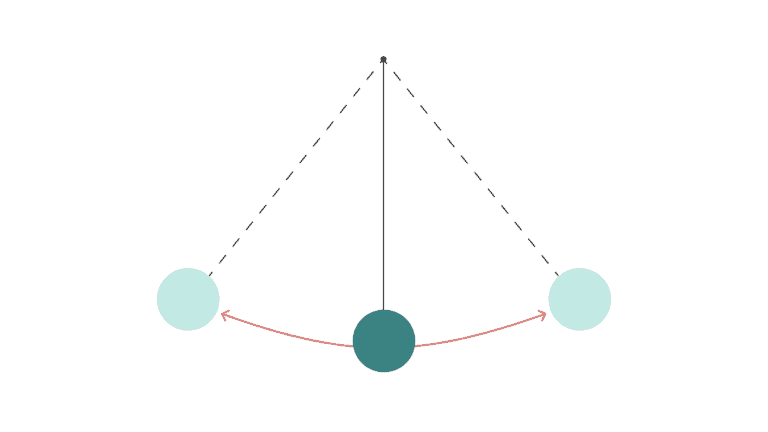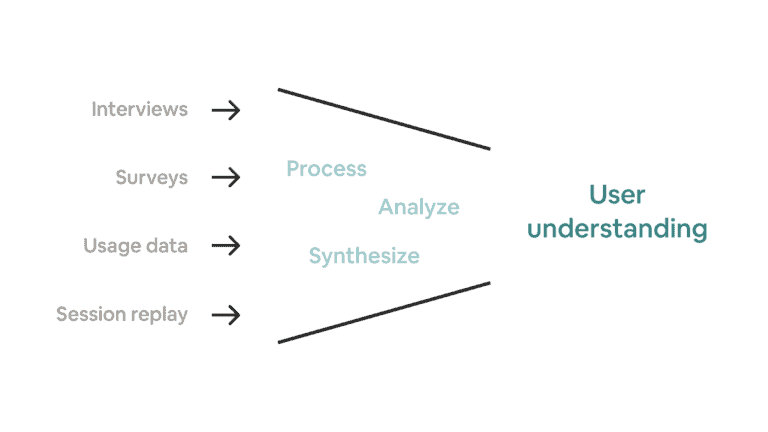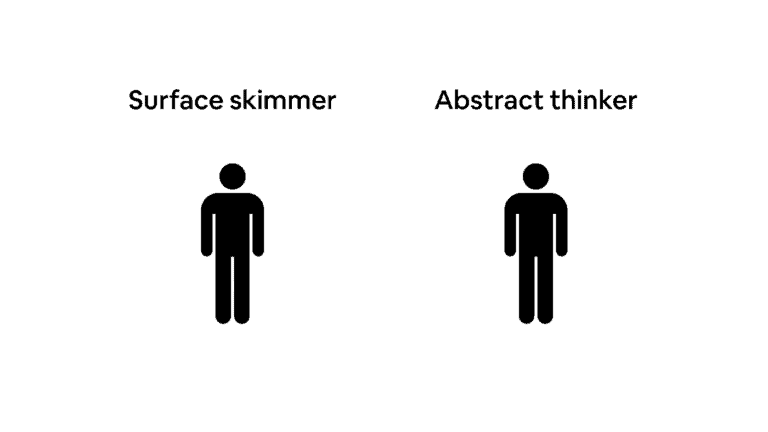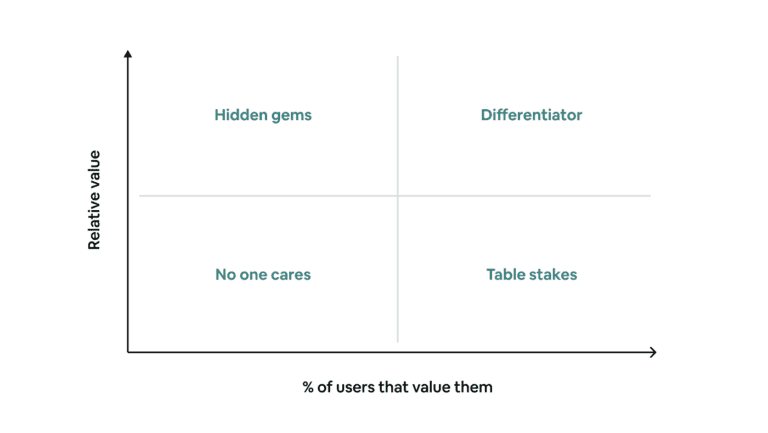Shopify recently banned all recurring meetings with more than two people. At first, I thought it was a bit extreme.
But then I remember a principle that Brandon Chu, VP of Product Acceleration at Shopify, shared a while ago called “Swinging the Pendulum.”
In essence, Shopify’s leadership team would periodically ask the company to shift its focus towards the other end of the spectrum in an attempt to land on the ideal middle ground. The argument is that nuances are hard to communicate on a large scale, and this is a realistic approach to breaking up organizational habits.
By swinging the pendulum and changing focus periodically, we essentially accepted more extreme outcomes in the short term, but in the long term arrived at the middle ground we sought after pic.twitter.com/Q0nAXeI6Ya
— Brandon Chu (@BrandonMChu) March 11, 2022
To be honest, I wasn’t sure about the approach at first.
However, it started to grow on me once I remembered that…
- Most people are binary thinkers by default.
- The cost of periodic context-switching is still far cheaper than doing so on a daily basis when everyone has a different idea of what “good” looks like.
- While drastic policies get criticized for being superficial at the individual level (e.g. using product launches/firing as promotion criteria, hiring process that rejects false negatives), they do sometimes provide a net positive impact at the org level. (Also possible that they are just plain awful…)
If you take a closer look at most debates in the startup world, you’ll find that they also fit into this metaphor:
- Onsite vs Remote work→ Hybrid work.
- VC-backed “blitzscaling” vs Bootstrapped “slow but profitable growth” → High-growth companies that are financially responsible and care about unit economics.
- Product vs GTM → Product-led growth.
- Code vs No-code → Low-code / mixed stack for different use cases.
Reflecting on my own product management journey, my view on building products also went through similar cycles:
- Iterate vs Planning ahead → Think far but break execution into phases.
- Speed vs Quality → Efficiency.
- Evidence vs Product sense → Gather evidence but tie things together with product sense.
- Outputs vs Outcomes → Aim to produce good outcomes but do so by ensuring quality outputs.
Given these examples, perhaps there is merit to this “Swinging the Pendulum” technique. I would recommend that you give it a try, starting with work that you have full control over. For example, if you’re a PM known for being technical, force yourself to focus on user experience, stakeholder management, data analysis, and other topics one month at a time.




